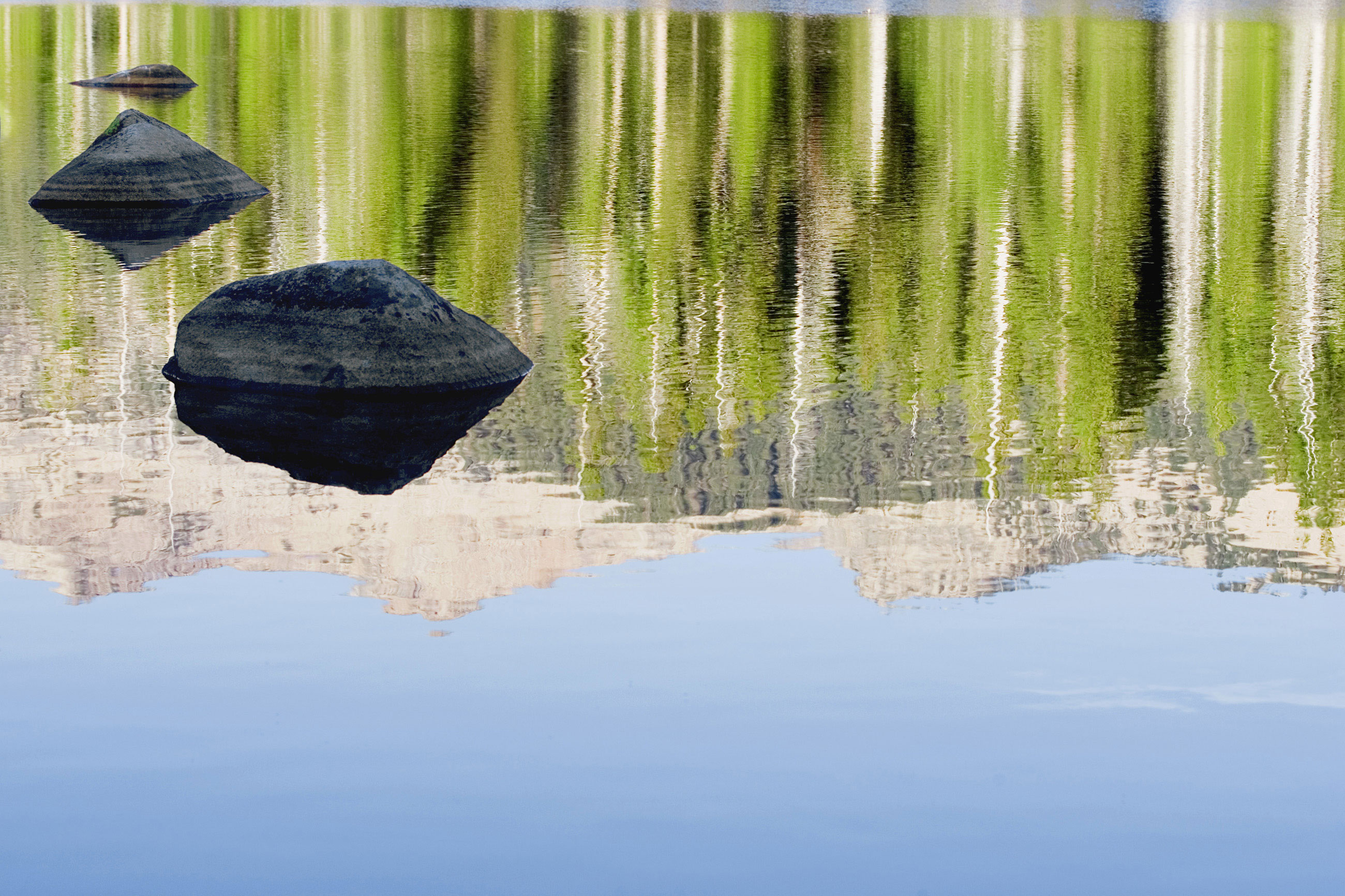| |
Many of the writings, compositions and
paintings that speak most deeply to our spirits, have emerged from
the shadow of dark times.5 Just think of the impact that Joni
Eriksson's books and talks have had, following the victory she won
over depression in the aftermath of the diving accident that left
her a quadriplegic.
Rather as countries with an abundance
of water harness this natural resource to produce hydro-electricity,
so we must find ways to use our strong grief emotions. Listen as the
Abbess Hilda calls her community of nuns to move beyond any trace of
self-absorption:
| |
Trade with the gifts God
has given you.
Bend your minds to holy learning so that you may escape the
fretting moth of littleness of mind that would wear out your
souls.
Brace your wills to action that they may not be the spoil of
weak desires.
Train your hearts and lips to song, which gives courage to
the soul.
Being rebuffed by trials, learn to laugh.
Being reproved, give thanks.
Having failed, determine to succeed.
Abbess Hilda of Whitby, 7th century |
|
Those of us whose work
involves prolonged and intensive thinking often turn to
pastimes such as painting or walking. Their repetitive
rhythm requires little thought but soothes and releases our
spirit, allowing ideas to develop in our sub-conscious.
People and situations often come
vividly to mind when I am writing. I rarely feel so at one with my
calling as when mind and spirit are working in tandem in such ways.
Almost without pausing I lift them to the Lord. If I am too busy to
pray in detail at the time, I make a note of the burden and return
to it when I am less pressed.
If ideas for other projects come to
mind, I welcome them. More “tidy” minds might be tempted to hold
such thoughts at bay, lest they distract them from completing the
project they were engaged on. Personally, I have not found this to
be a problem. Inspiration comes as and when the Lord chooses, and I
am keen to catch and store each precious drop. At any point, even
many years later, the Lord can shape and refine the inspirational
ideas that I have jotted down.
I do my best, therefore, to welcome
whatever ministers to my spirit, or which makes me laugh. After all,
where do we get our sense of humour from, if not from God? So long
as we do not use humour to make fun of others, or to pretend that
our grief is not there, what better antidote can there be to it than
to laugh? It releases the flow of blood to the heart, and massages
our vital organs! |
|
Reflect and Pray
However intense your grief, the time will come when your
creativity will surface again, provided you do not give up in the
meantime.
Take time to consider: which
places and relationships have refreshed and revived your soul in the
past?
Make good use of them, for they
will inspire you to carry on the daily task of living with renewed
enthusiasm.6
|

Serif photo dvd |
References
5 Immediate examples that spring to mind in the literary world
include Tennyson's In Memoriam, Hardy's letters to his late
wife, Shelley's poem Adonais about the death of Keats, is an
intense expression of feeling on the death of his fellow poet,
Keats, just as Milton's Lycidas was. Henry King's Exequy
is likewise a lament on his young wife's untimely death.
6 Parts of this book were written in beautiful surroundings in
Shetland, Jersey and Dresden, with the final draft and proofreading
being completed in Crete. Like Catherine Marshall, I hoped that
writing in such inspiring places would give my book a special
flavour, "like garlic rubbed on the salad bowl or a hint of rosemary
in the soup!" The greater part of it was written, however, in early
morning shifts between half past four and breakfast time, at a time
when my mind and spirit were clear before the other demands of the
day weighed in. See also my chapter
'Towards a Life of Reflection' in
Intimacy and Eternity. |

